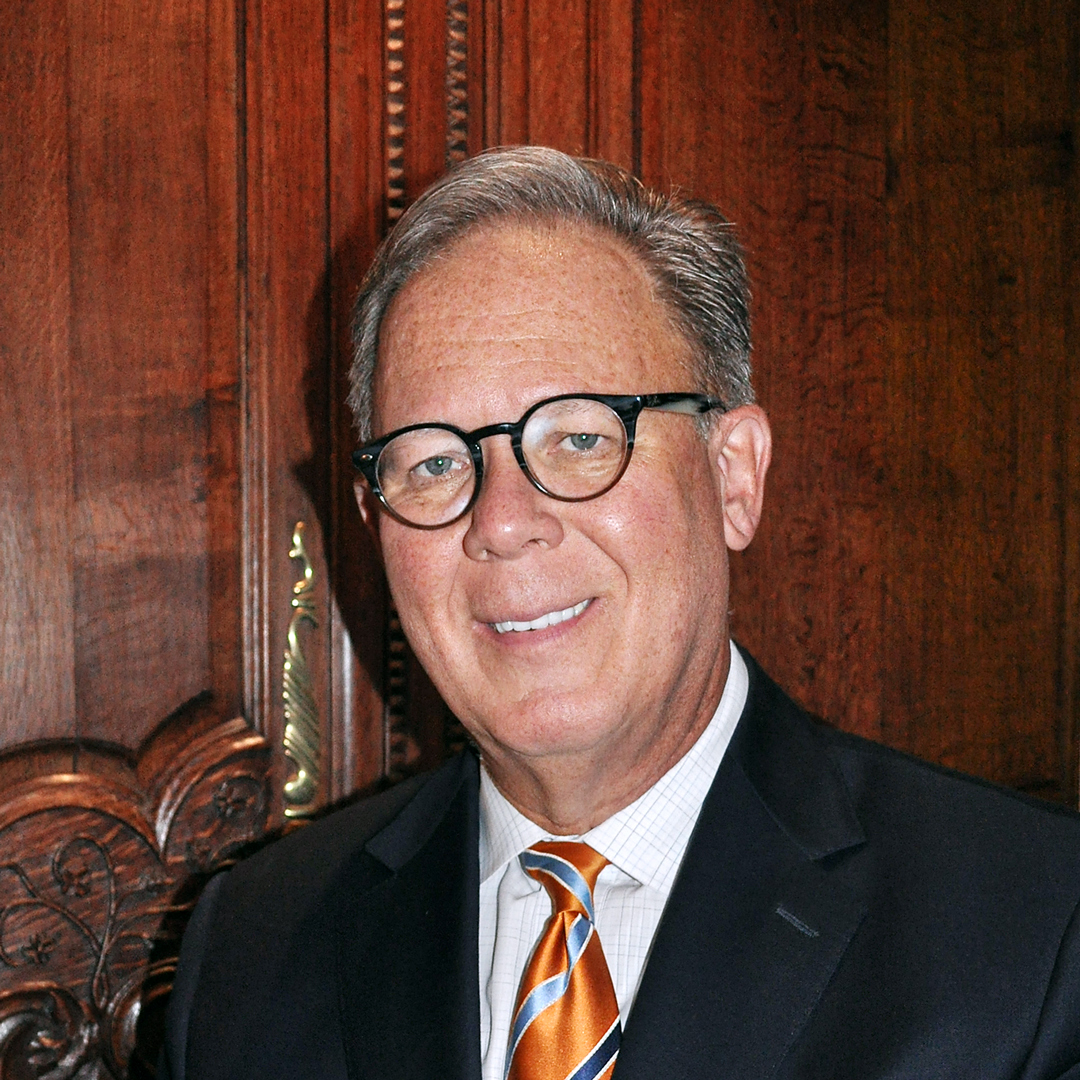|
Getting your Trinity Audio player ready... |
When the COVID-19 pandemic hit, most companies had to pivot quickly to remote work. Lockton Companies faced a bigger challenge than most: in addition to coming up with a plan for its own employees, the consulting firm also needed to provide guidance for its 52,000 clients across the globe. Fortunately, Lockton already had the infrastructure in place to quickly transition its workforce to function outside the office, says Kenneth Ralff, senior vice president and benefits office leader at the company’s Boston location.
This allowed Lockton to focus on its mission of helping clients manage employee benefit programs and advising on other human resources matters.
“Ken and Lockton have always been committed to supporting their clients, and that is even more critical in today’s environment. That shared commitment to putting our clients first is why Lockton and Lincoln Financial Group are such strong partners,” says Bob Reiff, senior vice president and head of distribution and client solutions for Lincoln Financial’s Group Protection business.
In the weeks that followed, many advisees faced critical decisions such as whether to lay off staff or apply for government loans that would allow them to retain workers. Lockton helped clients sort out the pros and cons of each option. Most also sought help in how to transition to exclusively remote work. Lockton’s quick reaction to the unprecedented conditions not only helped it to advise its clients, Ralff says, it also put the company in a great position to win new business.
Meanwhile, Lockton was making sure its own employees were properly equipped to work from home. A paperless, cloud-based platform was already in place, but most of Ralff’s staff needed two monitors to perform their jobs. Since many had just one monitor at home, the company reimbursed them if they needed to buy another.
“My team is fairly young. Many were single and living in apartments. I was concerned about the isolation factor.”
To make videoconferencing work better, Ralff modified how his team interacted with each other and with clients online. “My team is fairly young,” Ralff says. “I had hired some new people in February. Many were single and living in apartments. I was concerned about the isolation factor.”
To remedy that, he insisted that everyone turn on their cameras during meetings. Lockton hired consultants to advise employees on how to boost the quality of the video conferencing experience. In addition to help with optimizing computer and networking performance, consultants advised on how to adjust lighting and backgrounds within employees’ homes to improve how they appeared on screen.
Virtual meetings with prospective new clients posed other challenges. Months before, Ralff’s team had replaced PowerPoint-style presentations with a “placemat approach,” which uses an 11-inch by 17-inch sheet of paper displaying a matrix-type presentation of key points. “This allowed us to jump around from point to point in a more fluid way,” Ralff says. The nonlinear approach fostered more interaction between his team and the prospective clients, making for more engaging conversations.
This approach would not work remotely, since video screens showing each participant would not be able to display a placemat large enough for everyone to read. That meant it was back to the PowerPoint method, and that Ralff’s team would have to work harder to spark interest. “When we meet in person, you can read the room,” Ralff says. “You can tell by their expressions and body language if there is something that they are not as interested in. You can drop that and go on to another point.” Making those calls is tougher on a video screen.
A few adjustments helped the remote PowerPoint format work better. First, additional pre-meeting contact with the prospective clients clarified what they were most interested in so that Ralff’s team could focus accordingly. Ralff’s sales pitch participants also held pre-meeting huddles to practice the meeting flow—who would address which points, and in what order.
Ralff’s team also discovered how to tweak videoconferencing applications for the best experience. “Some apps work best if you use sound over the computer,” Ralff says. “Others work best if you have the sound over the phone.” All the work to optimize the videoconferencing experience paid off: they gained several notable new clients, Ralff says. He adds that because some competitors were struggling with remote presentations, clients saw Lockton’s ability to adjust quickly as an indication of its overall performance abilities.
“When we meet in person, you can read the room. You can tell by their expressions and body language if there is something that they are not as interested in. You can drop that and go on to another point.”
Lockton’s pandemic response has proven that employees can work effectively from remote locations. After the pandemic subsides, some workers may continue in that mode, Ralff says. In fact, just before the shutdown he recruited someone who faced a miserable commute to Lockton’s Boston office, so Ralff fought to hire her as a remote worker. He expects the company to be more amenable to such arrangements in the future.
Ralff still prefers the office environment, though, and expects most workers at Lockton and elsewhere to be office-based after the pandemic subsides. He learned the importance of personal interactions at a previous position, when he was charged with building a new outpost for a consulting firm in Boston. It was a New England expansion of a firm with a location about two hours away in Connecticut.
Ralff realized in hindsight that he would have been more successful in building the satellite office had he spent more time at the Connecticut location getting to know key players there. Such personal interactions are crucial to gathering information and obtaining help when needed, he says.
When Ralff took the position at Lockton, he was again tasked with bolstering a satellite office in Boston for a firm with a larger presence in Connecticut—and he drew on his earlier experience. “I made sure that I went to Farmington [Conn.] at least once a month even if I had no specific reason to go,” he says. Most of Lockton’s consultants are generalists but tend to have an area of concentration, and knowing who has expertise in what areas can be crucial.
For this reason, Ralff believes the pandemic will not spell a major decline of corporate offices. While there are benefits to remote work, in-person interactions can’t be entirely replaced by videoconferencing.

